4.6 Google Rating
Heat Pump vs. Furnace: Which Is Best for Your Home?
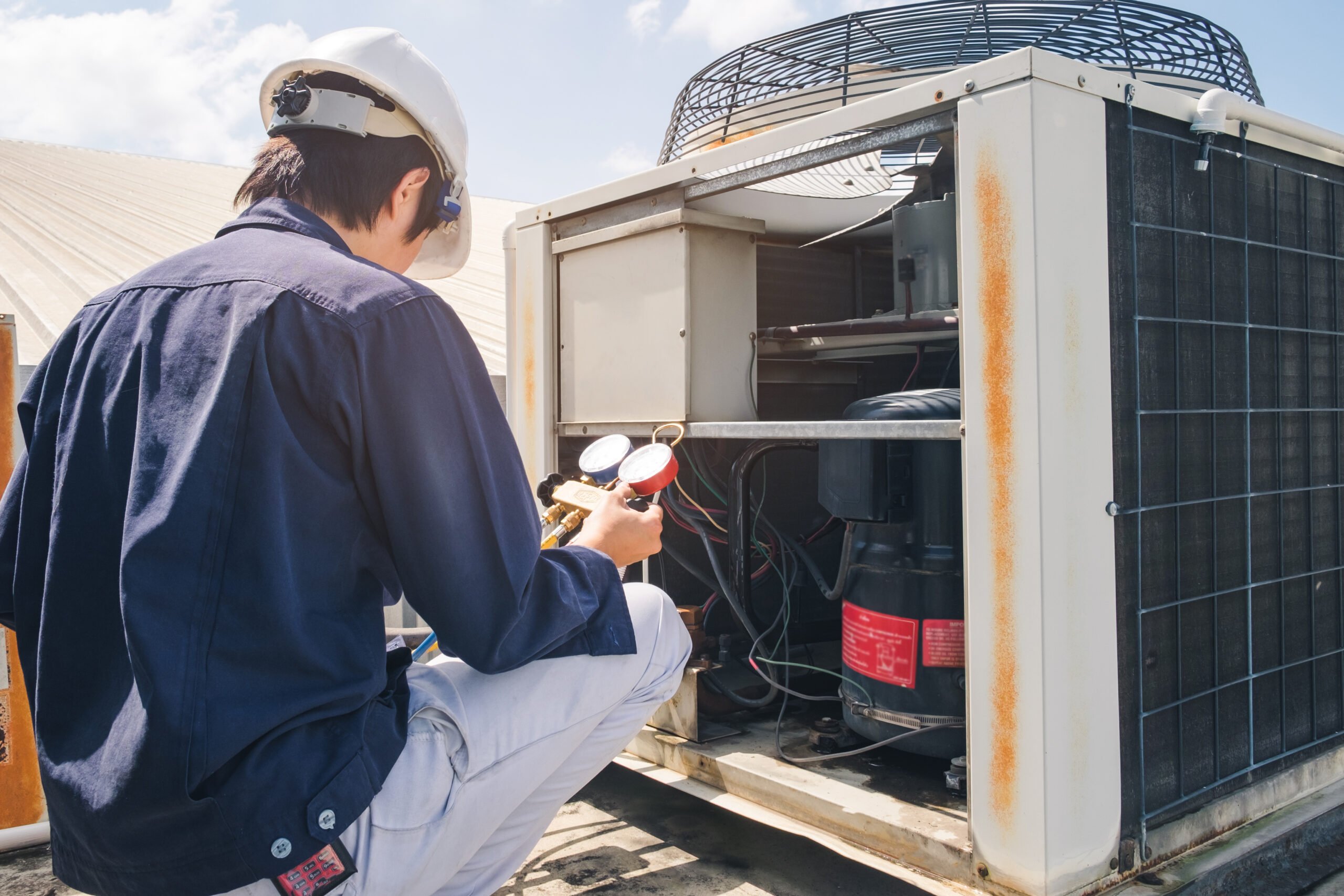
Heat Pump vs. Furnace: Which Is Best for Your Home?
When it comes to heating your home, you have competing options. Most of us are probably familiar with furnaces. If we don’t own one already, we’ve at least been inside buildings that are heated by furnaces. In corner two, heat pumps work hard as energy-efficient alternatives to furnaces, using air movement rather than combustion to keep homeowners warm. But which one is better?
In this article, we’ll look at heat pumps and furnaces in detail, analyzing the pros and cons of both as they relate to energy efficiency, durability, maintenance, and appearance. After careful evaluation, we’ll crown a champion and determine the best heating system for your home.
What Is a Heat Pump?
A heat pump is a heating and cooling system that moves heat from one place to another, rather than generating heat through combustion like a furnace. It works by collecting heat from the outside air — even in cold weather — and transferring it inside to heat your home.
The key components of a heat pump system are:
- Refrigerant – The heat pump uses a refrigerant liquid that absorbs heat from the outside air and transports it inside.
- Compressor – The compressor pumps the refrigerant through the system and raises its temperature.
- Coils – There are coils inside and out that generate heat exchange.
- Fans – Blower fans circulate the heated or cooled air throughout your home’s ductwork.
What Is a Furnace?
A furnace is a forced air heating system that generates heat through the combustion of fuel, distributing that heat throughout your home via ductwork. The key components of a furnace are:
- Burners – These are responsible for burning natural gas, propane, or fuel oil to generate heat.
- Heat Exchanger – The burners heat a metal heat exchanger, which then transfers the heat into the air.
- Blower Fan – This fan circulates the heated air through the ductwork and into your home.
- Flue – This exhaust pipe removes combustion byproducts like carbon monoxide from the home.
Heat Pump vs. Furnace: Key Differences

In the following section, we’ll review the pros and cons of heat pumps and compare them to the pros and cons of furnaces.
Efficiency
Heat Pumps
Heat pumps are extremely efficient at heating and cooling your home, as they move heat using small amounts of electricity rather than generating it through combustion. This makes them a much more energy-efficient option compared to furnaces. However, their efficiency drops off in extremely cold weather, so a supplemental heating source may be needed in colder climates.
Furnaces
Furnaces are a common and reliable heating option, especially in colder climates where heat pumps might struggle. They can efficiently heat a home using natural gas, propane, or fuel oil. However, they are less efficient than heat pumps, as they generate heat through combustion rather than simply moving it.
Durability
Heat Pumps
Heat pumps generally last 15 years with regular maintenance. Many components are responsible for making heat pumps work, so things like refrigerants and compressors may need to be replaced on occasion depending on how cold it is outside and how hard they have to work as a result.
Furnaces
With 20-year lifespans, furnaces typically outlast heat pumps. They have fewer mechanical parts than heat pumps and the heating elements are only used a few months out of the year, minimizing the chances of component failure.
DIY-Ability
Heat Pumps
While heat pump systems require working with refrigerants — which usually necessitates a license — there are some DIY-friendly options available. Mini-split heat pump systems, which feature an outdoor compressor/condenser unit and wall-mounted indoor air handlers, can often be installed by handy homeowners. These all-in-one units avoid the complexities of integrating a heat pump into central HVAC systems where ductwork is already in place.
Furnaces
Furnace installation is best left to professional HVAC contractors. Properly integrating the fuel supply, exhaust venting, and air distribution system requires specialized knowledge and tools. Attempting a DIY furnace install could pose safety risks or operational issues.
Maintenance
Heat Pumps
Maintaining a heat pump system requires a bit more effort than a furnace, but it’s still manageable for most homeowners.
Key maintenance tasks include:
- Keeping the outdoor unit clear of snow, ice, leaves, and debris to ensure good airflow
- Changing the air filters monthly
- Cleaning the indoor and outdoor coils as needed
Furnaces
Because they handle combustible fuels, furnaces also require regular maintenance to ensure safe and efficient operation. This is an important consideration compared to the relatively simple maintenance needs of a heat pump.
Key maintenance tasks include:
- Changing the air filter regularly (typically 1-3 times per year)
- Vacuuming out any dust or debris inside the furnace cabinet
- Cleaning the flame sensor with sandpaper before each heating season
Appearance
Heat Pumps
Heat pumps typically need to be installed near the home, which may impact its curb appeal. Mini-split heat pump systems also require wall-mounted indoor air handlers, which can be more noticeable than concealed furnaces.
Furnaces
Since furnaces are typically installed out of sight in the basement, attic, or utility room, they have little visual impact on the interior or exterior of the home and are therefore more inconspicuous. This can be an important consideration for homeowners focused on maintaining a clean, streamlined aesthetic.
What is a Dual Fuel System?
Dual fuel systems — sometimes referred to as hybrid heating systems — are sensible choices for homes located in climates with constantly changing temperatures. A dual-fuel system offers homeowners the best of both worlds, combining the electrical heat of heat pumps with the combustion of gas-powered furnaces to make heating and cooling an energy-efficient and cost-effective process.
Have Heat Pump vs. Furnace Questions? Consult a Pro
When deciding on the best heating system for your home, there’s clearly a lot to consider. If you live in a warmer climate, there are plenty of heat pump benefits that make it a favorable choice. If you want to heat your home inconspicuously, then a furnace might be your best bet.
At the end of the day, though, it’s not about who wins or who loses. And you don’t have to make a choice alone.
When you enlist the help of professional HVAC services from Mullin Plumbing, you’re guaranteed to choose the best heating system for your home. Our team of heating experts will inspect your property inside and out, and provide an educated recommendation based on the factors we’ve reviewed together in this article.
If you’re wondering what’s better — a heat pump vs. a furnace — call Mullin Plumbing today!
And don’t forget about our comprehensive plumbing services! At Mullin, can handle any of your home’s messiest situations, including:
Water line replacement and installation
Recent News
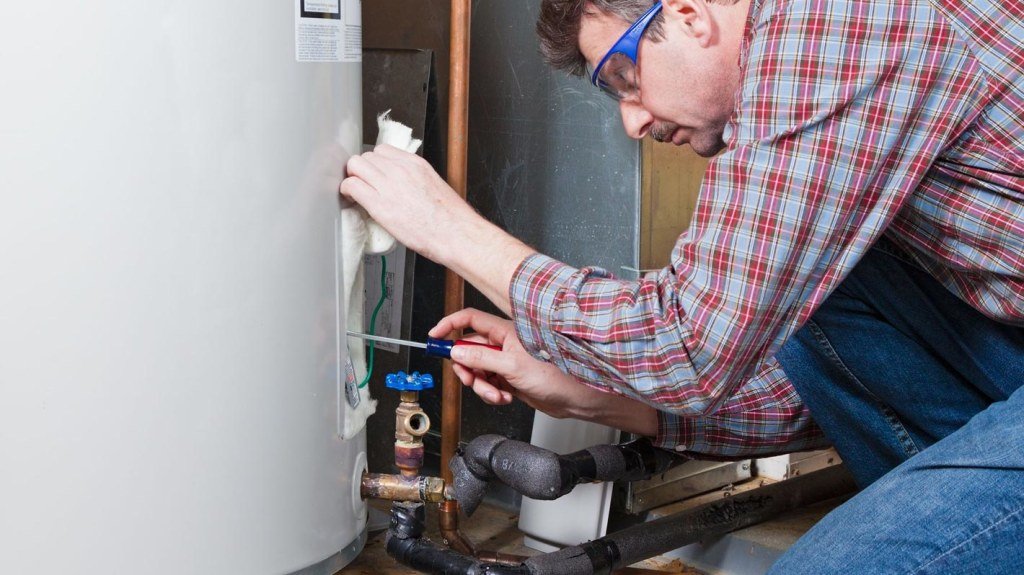
The Environmental Benefits of Upgrading to Low-Flow Fixtures

How Plumbing Systems Differ Between Older and Newer Homes

Is an Aerobic Septic System Worth Installing?

Septic Tank Repair For Concrete Septic Tanks
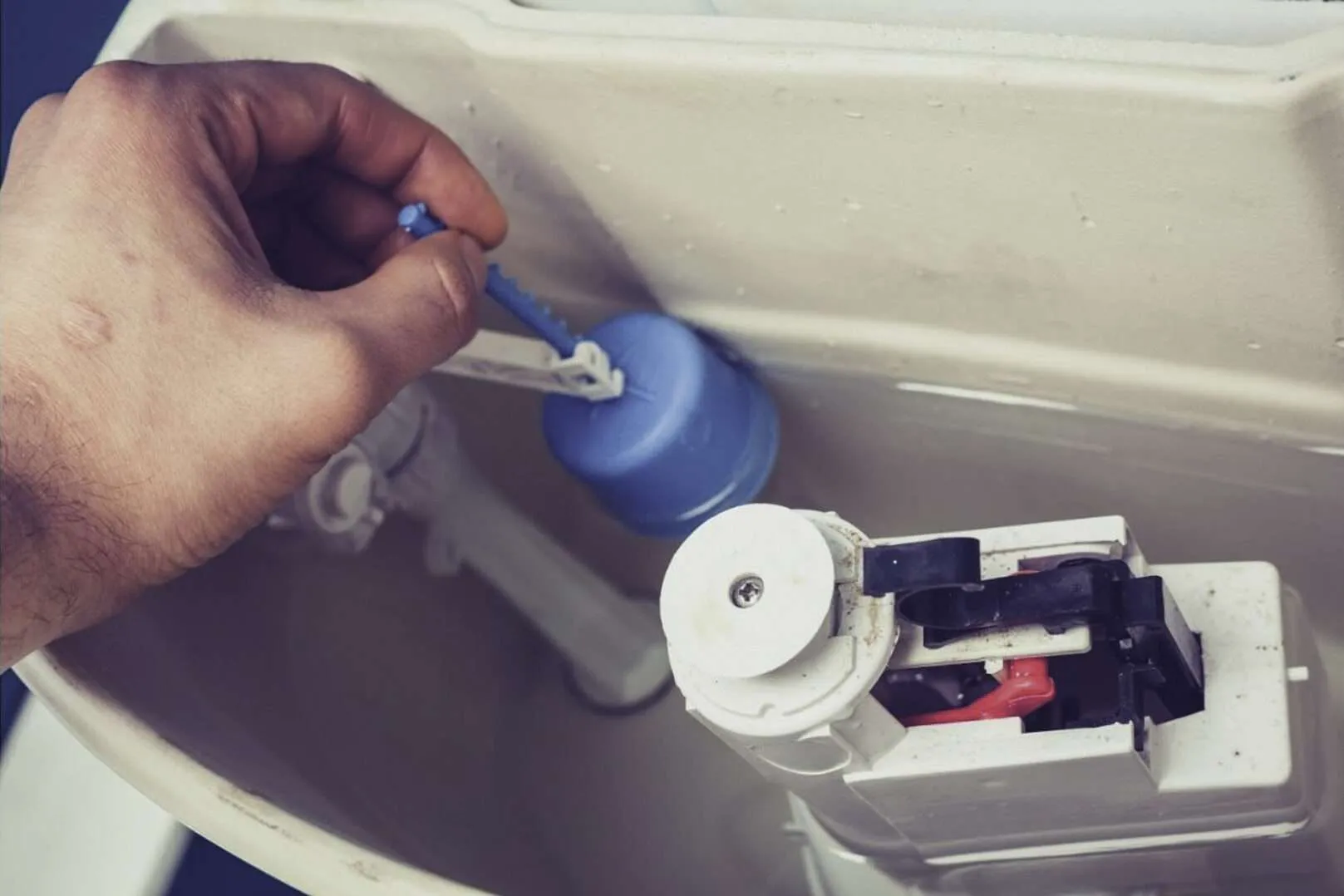
Is a Running Toilet a Problem?
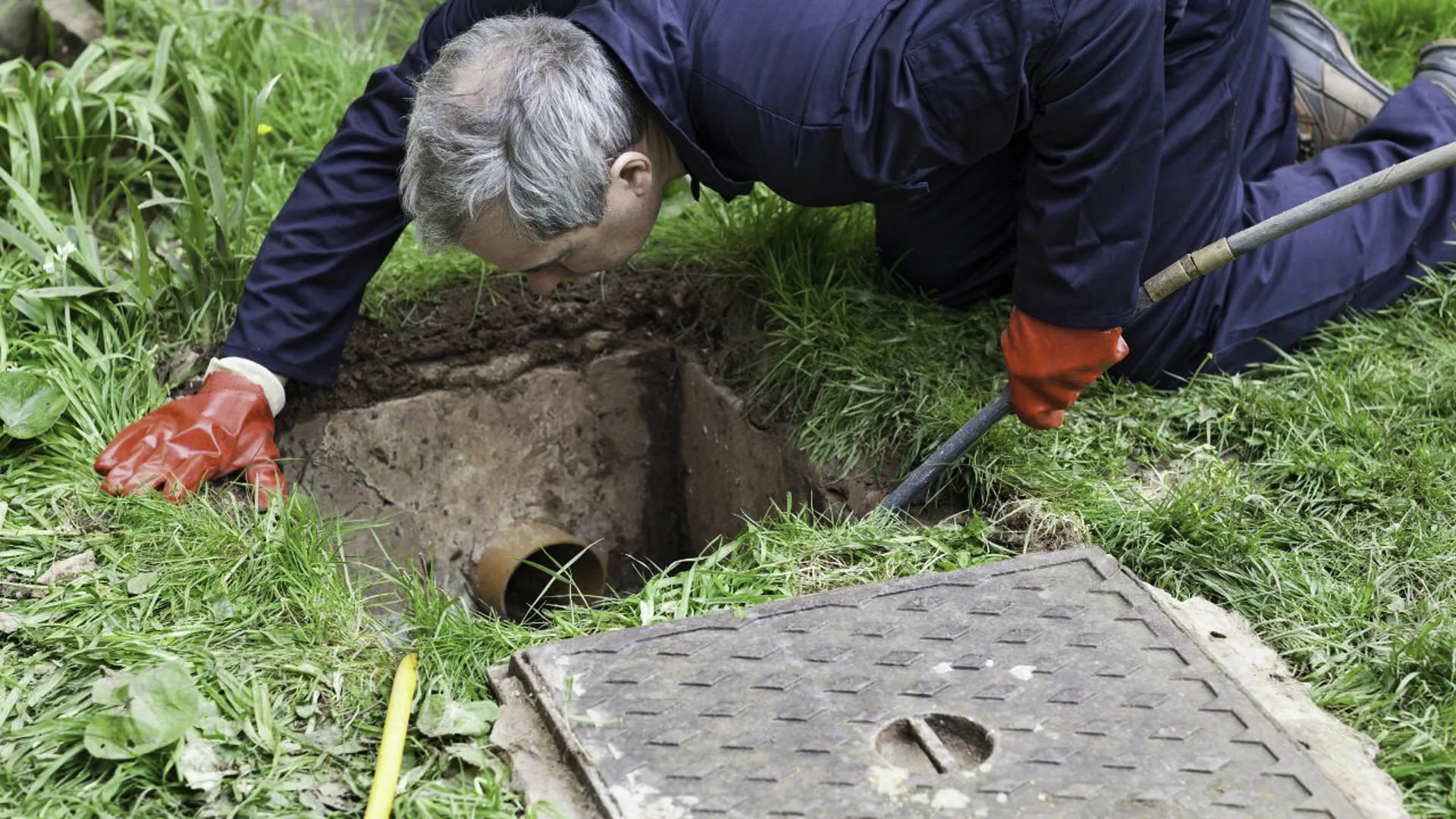
What is Considered a Plumbing Emergency?
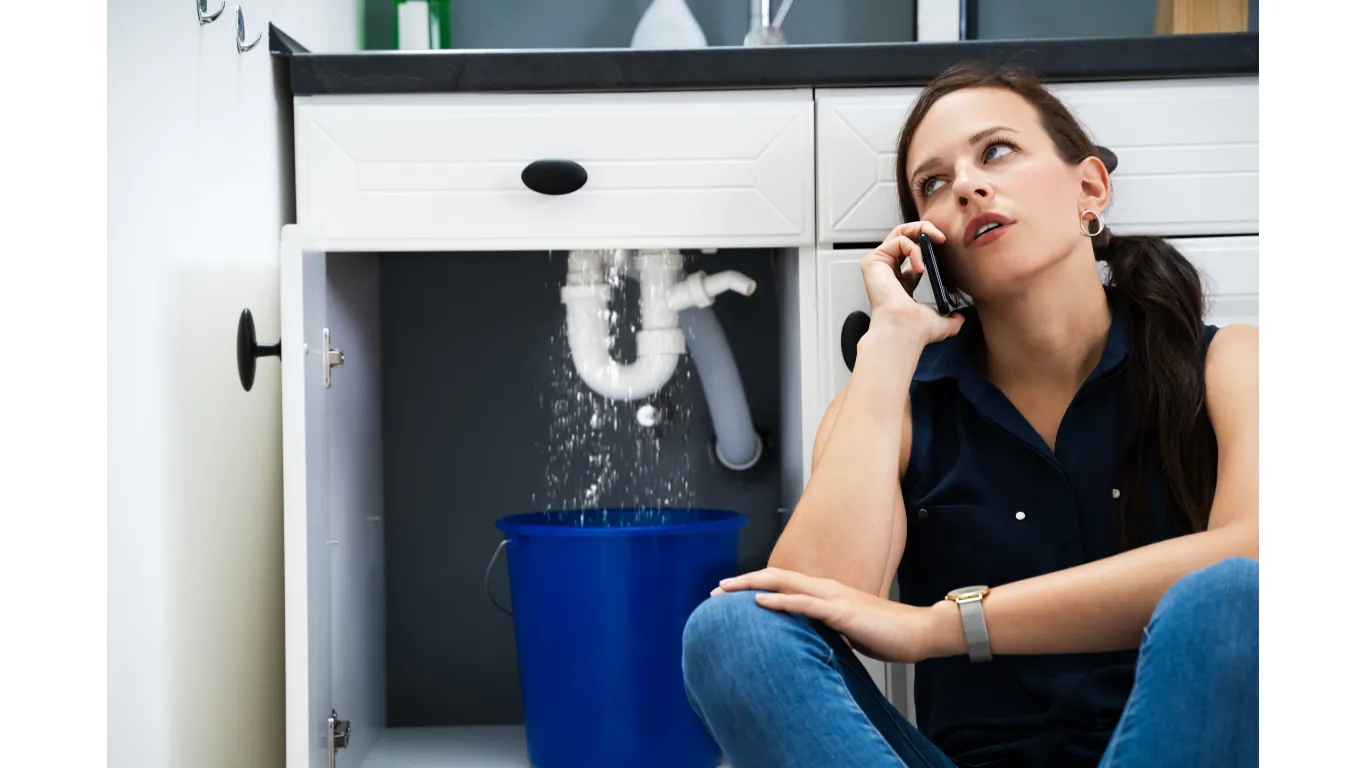
Do Not Let a Plumbing Disaster Ruin Your Holiday
Get in Touch

